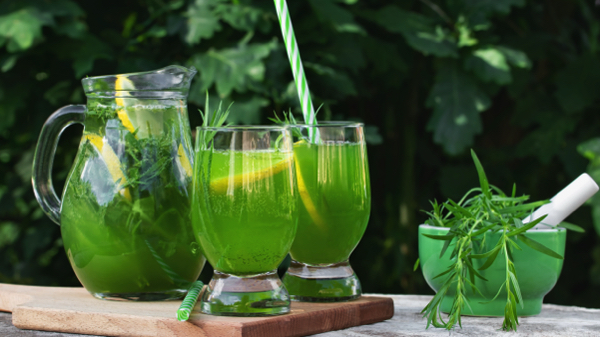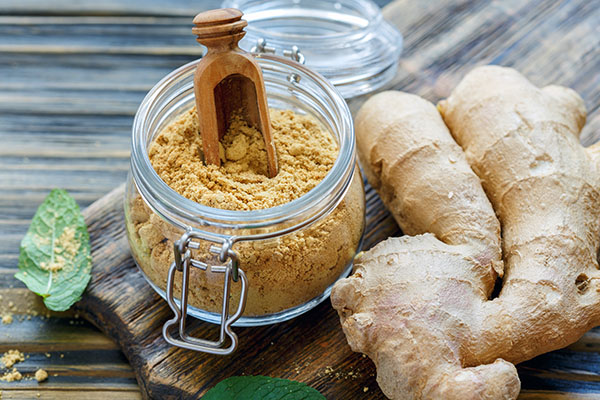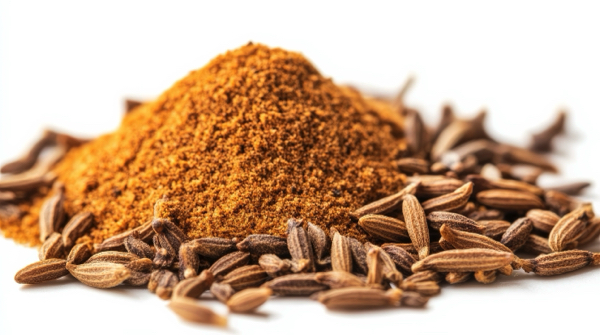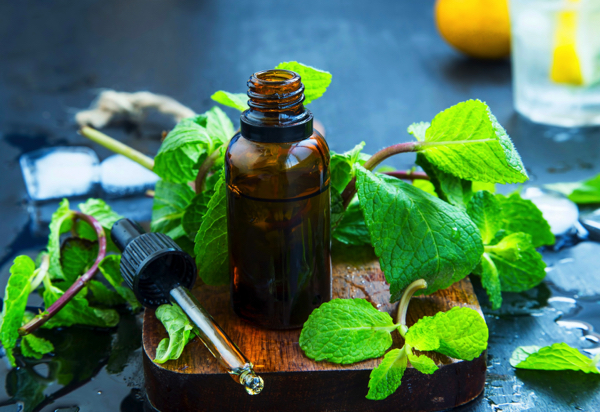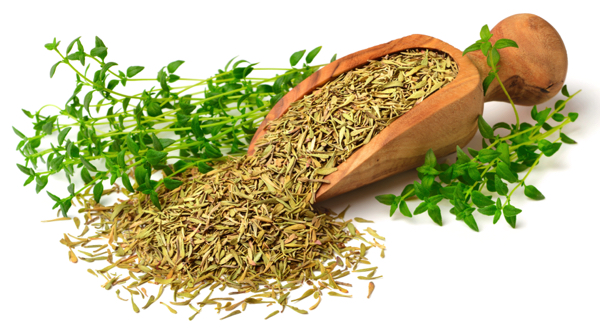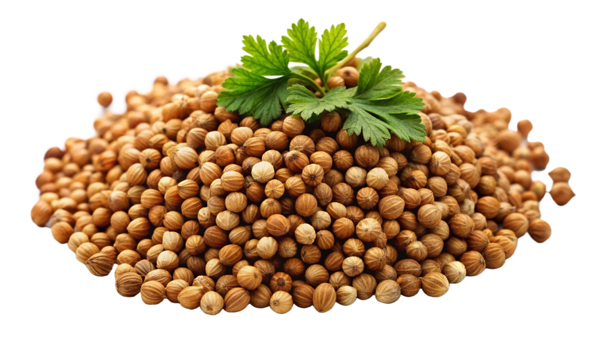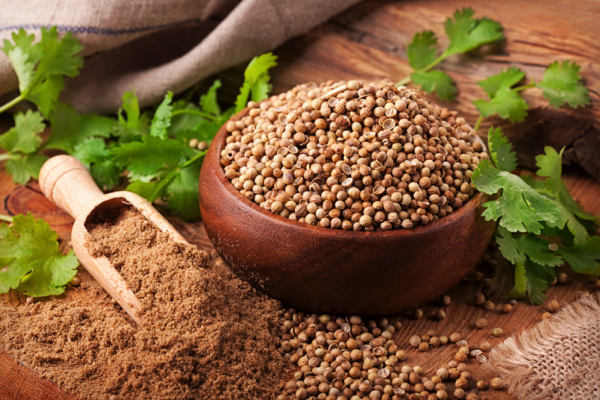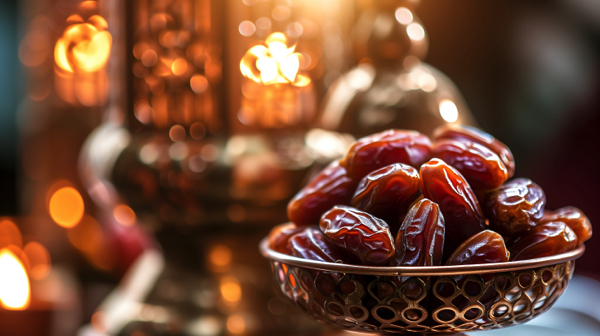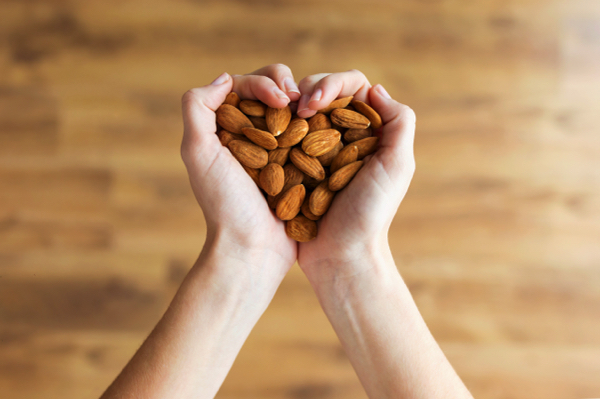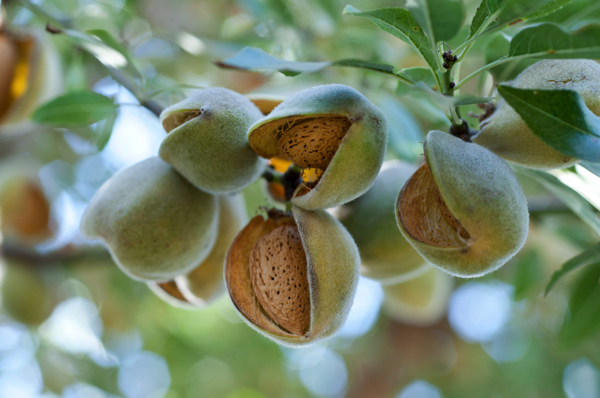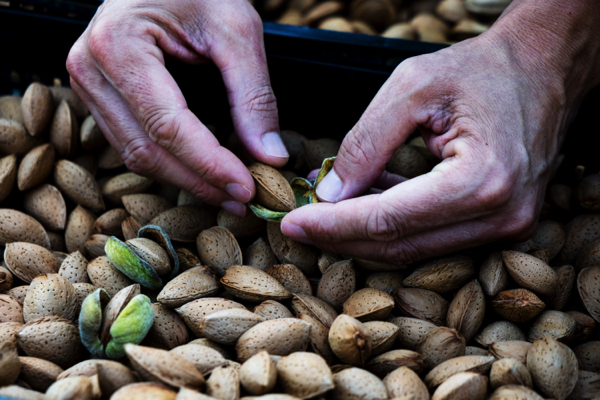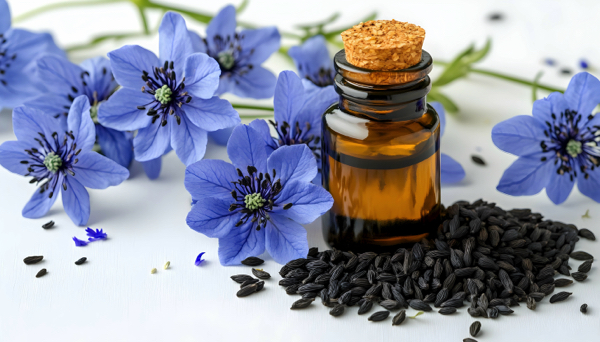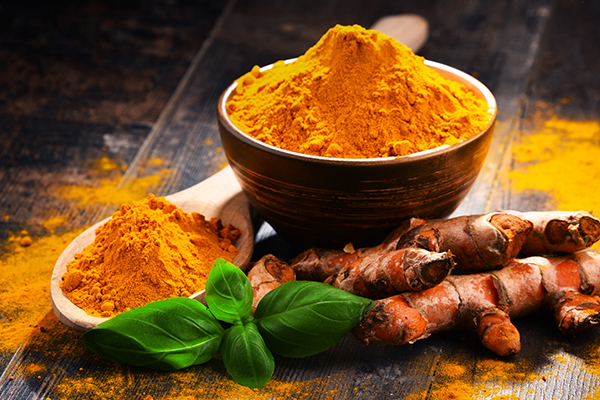Ancient herb MYRTLE can treat internal and external health issues
11/21/2024 / By Olivia Cook
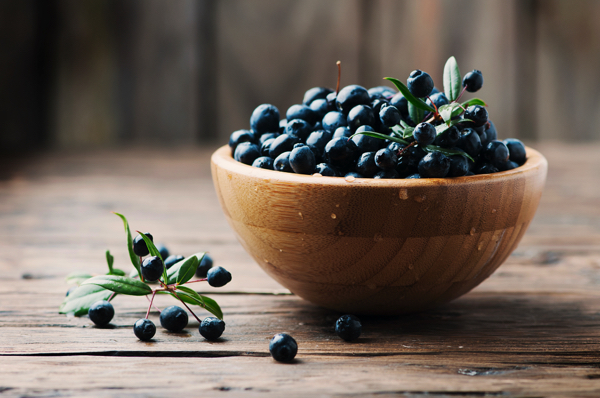
Ancient cultures recognized myrtle for its healing properties and used it to treat a range of internal and external health issues.
Myrtle leaves, rich in essential oils and active phytonutrients, were commonly used as an aromatic herb to support digestion, respiratory health and skin healing. The fruit, packed with beneficial nutrients, was often eaten raw or infused to create tonics for digestive comfort and immunity.
Recent research has built on these traditional uses, identifying specific compounds in myrtle, such as myrtol, a natural antibiotic that helps fight infections. Scientific studies have also observed that myrtle may balance hormones, improve respiratory conditions and support kidney health. Detailed below are some of the health benefits offered by myrtle.
Helps regulate blood sugar
Emerging studies suggest that myrtle might help regulate blood sugar. Some compounds in myrtle, including flavonoids and volatile oils, have demonstrated potential in helping manage blood sugar – although this effect is still under investigation.
For those managing diabetes, myrtle could be a complementary approach to maintaining blood glucose stability. However, individuals with diabetes need to consult a healthcare professional before adding myrtle or any new supplement to their routine.
Supports digestive health and immune system
Traditionally, myrtle berries and leaves were brewed into teas and tonics to soothe digestive issues, like bloating, indigestion and even more severe conditions, such as dysentery. The carminative (gas-relieving) properties of myrtle fruit make it particularly effective for easing digestive discomfort.
The fruit can also provide a natural boost to the immune system due to its antibacterial qualities, which help fend off infections and promote general wellness.
Supports heart health
Myrtle is rich in antioxidants, particularly flavonoids, such as myricetin, which have been shown to protect the heart and cardiovascular system. These antioxidants work by reducing the oxidation of low-density lipoprotein or LDL (bad cholesterol).
Preventing oxidation is crucial for maintaining healthy blood vessels and reducing the risk of atherosclerosis – a condition where arteries narrow and harden due to the buildup of fatty deposits (plaque) on their inner walls, restricting blood flow.
While more research is needed to confirm myrtle’s direct impact on health health, incorporating it into a balanced healthy lifestyle may contribute to overall heart and cardiovascular support.
Supports thyroid and reproductive health
Myrtle essential oil has been explored for its potential effects on the endocrine system – especially regarding thyroid health and reproductive hormone balance.
In aromatherapy and herbal practices, myrtle oil is sometimes used to regulate hormone production, which can support reproductive health in women.
Though promising, these effects are still being studies and anyone with hormonal concerns should seek professional medical guidance when considering myrtle as a remedy.
Offers cognitive benefits
Recent research into myrtle has highlighted the cognitive benefits of its powerful antioxidants. Myricetin in myrtle has shown potential in preventing the formation of beta-amyloid fibrils, which are associated with cognitive decline and conditions like Alzheimer’s disease. By supporting healthy brain function, myrtle may help keep the mind clear and sharp, though it is best used as part of a comprehensive approach to cognitive health.
Supports respiratory health
Myrtle is known for its respiratory benefits and has long been used in traditional medicine to address bronchial congestion, coughs and sinus infections.
Myrtle essential oil is a common ingredient in aromatherapy, where it is used to calm the respiratory tract – making it easier to breathe. People with conditions like asthma or bronchitis may find relief when they inhale myrtle vapor as it can help clear airways and reduce irritation for better oxygen flow.
Supports skin health
One of the most popular uses for myrtle is in skincare. The plant’s essential oil is known for its antibacterial and antiseptic properties. Topically, diluted myrtle essential oil can help clear up blemishes, reduce redness and promote faster skin healing.
The essential oil extracted from its bark, flowers and leaves is frequently used in perfumes, soaps and other products for its refreshing aroma and skin-soothing properties.
In the Balearic Islands, a traditional perfume called “aigua de murta” has been made for centuries. This fragrant water is believed to have rejuvenating effects on the skin – offering a gentle, natural alternative to modern beauty products.
Additionally, a traditional product called “eau d’ange” or “angel water” – made from myrtle flowers – is used as a rejuvenating facial spray and skin toner. Even today, myrtle extracts are commonly found in natural cosmetics and skin care products – valued for their gentle, soothing effects on the skin.
Read more stories like this at Remedies.news.
Watch this video to learn more about the ancient herb myrtle.
This video is from the Daily Videos channel on Brighteon.com.
Sources include:
Submit a correction >>
Tagged Under:
alternative medicine, food cures, functional food, herbal medicine, myrtle, natural cures, natural medicine, natural remedies, Naturopathy, skin care
This article may contain statements that reflect the opinion of the author
RECENT NEWS & ARTICLES
BrainHealthBoost.com is a fact-based public education website published by Brain Health Boost Features, LLC.
All content copyright © 2018 by Brain Health Boost Features, LLC.
Contact Us with Tips or Corrections
All trademarks, registered trademarks and servicemarks mentioned on this site are the property of their respective owners.

